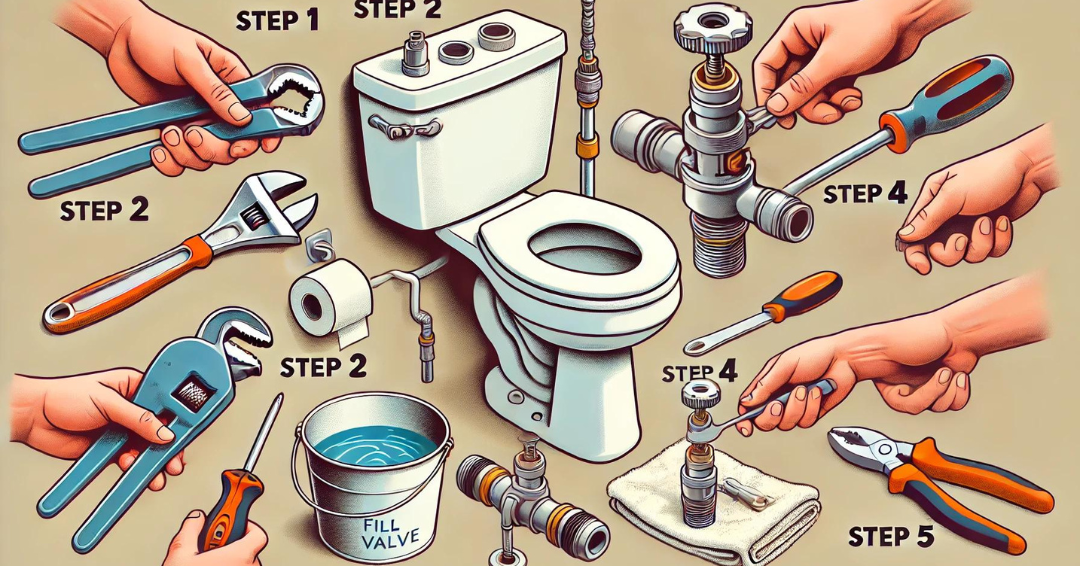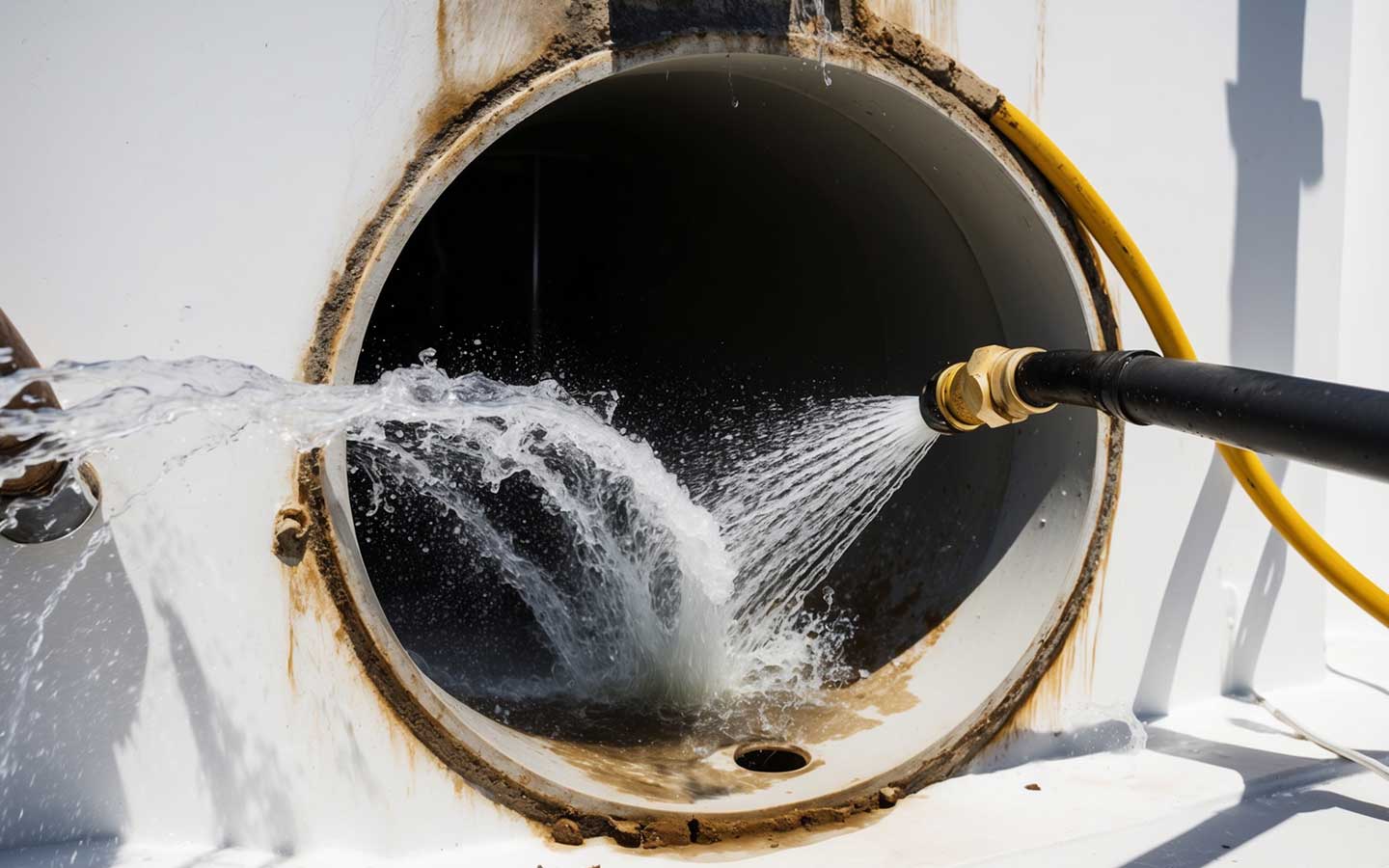
Do Baking Soda And Vinegar Really Unclog Drains In Coachella?
Clogged drains can be one of the biggest nuisances in a household, causing frustration and sometimes leading to more substantial plumbing issues if not addressed promptly. Whether you're dealing with hair clogs in your bathroom or grease buildup in your kitchen sink, knowing how to approach these problems is crucial. In this article, we’ll dive deep into both DIY and professional solutions for clogged drains, offering you a comprehensive guide that covers everything from quick fixes to when you should call in the professionals.
Understanding Clogged Drains
What Causes Clogged Drains?
Clogged drains can arise from various sources. Here are some common culprits:
- Hair: This is especially a problem in bathrooms where hair tends to accumulate over time.
- Grease and Food Particles: In kitchens, grease can solidify and trap food particles.
- Soap Scum: Soap residue can build up on the sides of pipes, narrowing the passage.
- Foreign Objects: Toys or other objects accidentally dropped down the drain can cause immediate blockages.
Identifying what’s causing your clogged drain is the first step towards resolving it.
Signs You Have a Clogged Drain
How do you know if you have a clogged drain? Look out for these signs:
Recognizing these signs early can help prevent more severe plumbing issues down the road.
Exploring DIY Solutions for Clogged Drains
The Basics of DIY Drain Cleaning
Before seeking plumbing repair services, many homeowners opt for DIY methods to address clogged drains. These techniques are often easy to execute and cost-effective.


Using Boiling Water
One of the simplest ways to tackle minor clogs is by pouring boiling water down the drain. The heat helps dissolve soap scum or grease buildup.
This method works best for minor clogs but may not be effective against more significant blockages.
Baking Soda and Vinegar Method
This classic combination is well-known among DIY enthusiasts for its effectiveness in clearing minor clogs:
This method utilizes an acid-base reaction that helps break down debris within pipes without harsh chemicals.
Using a Plunger
A plunger isn't just for toilets; it can also work wonders on sinks and tubs:
This method creates suction that can dislodge blockages effectively.
When to Consider Professional Plumbing Services
Recognizing When DIY Isn't Enough
While DIY methods are great for minor clogs, sometimes they simply don’t cut it. Here’s when you should consider calling "plumbing near me":
Benefits of Hiring Professional Plumbers
Choosing professional plumbers comes with numerous advantages:

- Expert Diagnosis: Professionals have tools and experience that allow them to identify problems quickly and accurately.
- Long-term Solutions: Instead of just addressing symptoms, they often find root causes and provide lasting solutions.
- Safety: Working with plumbing systems can be hazardous; experts know how to navigate these risks effectively.
Exploring Specialized Tools Used by Professionals
Drain Snakes vs. Augers
Professionals often use specialized equipment like drain snakes or augers:
- A drain snake is flexible and ideal for reaching deeper blockages without damaging pipes.
- An auger has a rotating blade designed for tougher clogs caused by tree roots or larger debris.
These tools allow plumbers to tackle tougher jobs efficiently compared to standard household methods.
Hydro Jetting
For severe blockages or buildup, hydro jetting may be employed:
While hydro drain cleaning jetting might come at a higher cost, its effectiveness makes it worth considering if you're facing persistent clogging issues.
Preventive Measures Against Clogged Drains
Regular Maintenance Practices
To avoid future headaches with clogged drains, consider implementing preventive measures such as:
- Regularly cleaning out hair traps in bathroom sinks and tubs.
- Avoiding pouring grease down kitchen sinks; instead, let it cool before disposing of it properly.
These small changes can significantly reduce clogging incidents over time!
Routine Inspections by Plumbing Professionals
Scheduling routine inspections with local plumbers ensures any potential issues are caught early on—saving you money in costly repairs later!
Frequently Asked Questions (FAQs)
1. What should I do if my sink won’t unclog?
If you've tried all available methods without success—including boiling water and baking soda/vinegar—and still haven’t had luck unclogging your sink, it's likely time to contact "plumbing repair services" nearby for expert assistance!
2. How often should I clean my drains?
It’s good practice to clean your drains every few months using simple methods like baking soda/vinegar or even store-bought cleaners designed specifically for this purpose!
3. Can I use chemical cleaners on my drains?
While chemical cleaners may work temporarily on certain clogs, they’re not always recommended due to potential damage they could cause over time—including corrosion inside pipes!
4. How much does professional drain cleaning cost?
The cost varies widely depending on severity; however, most services range between $100-$300 per session based on factors such as location size complexity involved & type equipment required perform job correctly!
5. Is hydro jetting safe for all plumbing systems?
Most modern systems can handle hydro jetting well since high-pressure jets clear out debris without damaging pipe structures; however older homes might require assessment first before proceeding!
6. Can I prevent future clogs entirely?
While it's impossible guarantee zero future clogs implementing regular maintenance practices—with periodic checks by professionals—will certainly minimize chances significantly!
Conclusion
Clogged drains are an inevitable part of homeownership but understanding how best address them—from simple DIY fixes like using boiling water or baking soda/vinegar combos—to knowing when seek out "plumber near me" ensures peace mind moving forward! With knowledge gained here today coupled proper preventative measures taken regularly—you'll keep those pesky blockages at bay while maintaining smooth flowing pipes throughout home sweet home!
So whether you're rolling up your sleeves getting hands dirty tackling small jobs yourself—or calling trusted pros handle tougher tasks—there's no need fear next stubborn clog lurking beneath surface anymore! Happy draining!